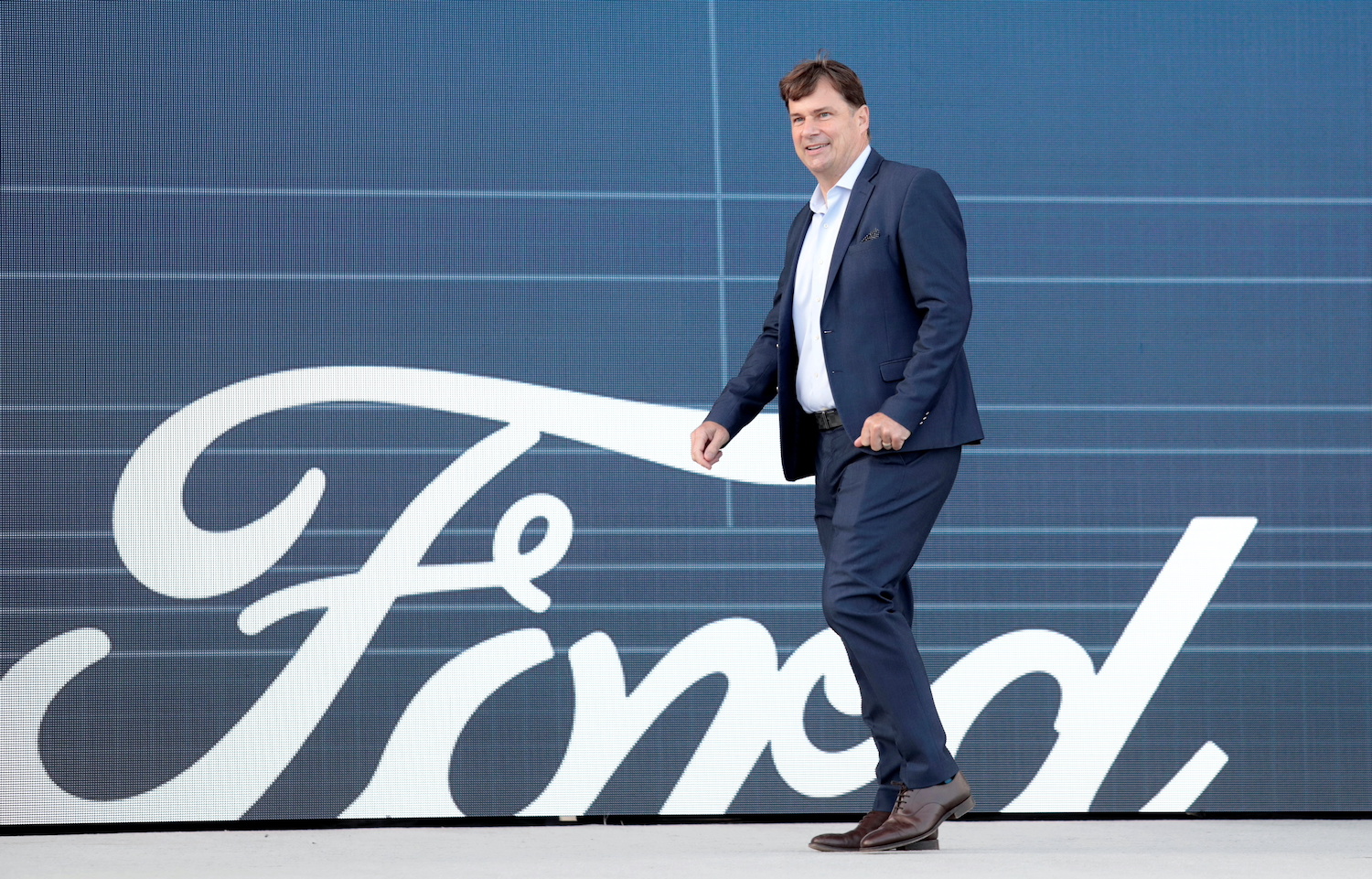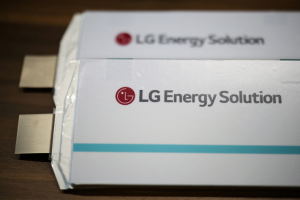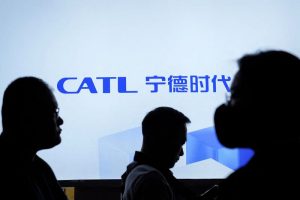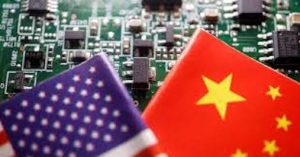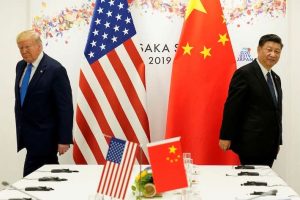The legendary automaker is playing catch-up when it comes to battery-powered vehicles but now it’s teaming up with a South Korean firm to build EV power sources in the US
Legendary US automaker Ford Motor Co and Seoul-based battery maker SK Innovation will push ahead with plans to work together to manufacture battery cells for electric vehicles (EVs) in the US.
The two companies signed a memorandum of understanding last week for a joint venture (JV) to be called BlueOvalSK. Production of the battery cells, as well as supporting modules, are expected to start by mid-decade.
The move comes as Ford, embattled in recent years amid declining market share from both domestic and foreign competition, continues to try to innovate and re-invent itself as a modern automaker.
Also on AF: Twitter accuses India of ‘dangerous overreach’ in war of the words
It also comes amid US President Joe Biden’s push to increase domestic production of critical technologies for EVs such as battery cells, which power the vehicles.
Earlier this year, Biden proposed spending at least $15 billion to begin rolling out EV charging stations, with the goal of reaching 500,000 charging stations nationwide by 2030.
However, that goal will not come without effort. Analysts have said that significantly expanding the country’s charging network requires coordination across the auto industry, retail businesses, utility companies and all levels of government, and between $35 billion to $45 billion more needed through required matches from local governments or private companies.
Talks around the Ford-SK Innovation match gained momentum in April after SK Innovation agreed to pay $1.8 billion to Seoul-based LG Energy Solution to settle LG’s accusations of trade theft by its Korean rival, media reported at the time.
INTERVENTION RISK
That dispute almost caused Biden to intervene with a ruling, putting SK Innovation’s battery cell plant in the state of Georgia at risk. The plant, still under construction, will serve both Ford and Germany’s Volkswagen Group.
Last Tuesday, Biden increased his administration’s EV pivot, calling for government grants for new battery production facilities as part of a $174 billion EV proposal during a visit to a Ford EV plant in Michigan, Ford’s corporate headquarters.
Ford’s hook-up with SK Innovation also came just one day after the automaker unveiled its new 2022 electric F-150 lightening pickup. The truck is powered by two electric motors and a battery pack instead of a traditional combustion engine, Ford said. It will be offered in two battery options with targeted ranges of 230 miles or 300 miles.
MARKED PIVOT
By 2030, Ford expects to produce up to 140 gigawatt (GWh) hours of energy for battery cells annually in North America and up to 240 GWh globally.
Ford’s marked pivot to EVs came only recently after current CEO Jim Farley took over from his predecessor Jim Hackett last October. Hackett had said that Ford saw “no advantage” in producing battery cells. So Ford is playing catch-up to its long-time rival GM, which recently announced its second $2.3 billion Ultium plant in the US to produce battery cells through a JV with LG Chem.
After announcing quarterly results last month, Farley said things had changed as the automaker boosts its EV volumes. “We’ve totally entered a different zone… so we’ve already made the decision to vertically integrate the company,” he said.
CELL RELATIONSHIP
“We’re now building motors, e-axles now, we’ve been writing our own battery management software for quite some time, and now it’s time for us to lock in on the latest technology and to have a secure cell production relationship.”
Yesterday, Ford ramped up its pro-EV game even more when it vowed to make EV sales some 40% of its global sales by 2030, as well as investing an additional $8 billion through 2025 in developing them, bringing its total to about $20 billion.
After the announcement on Wednesday, Ford shares increased 8.51% to close at their highest level since July 2016.
Read more:
Short-sellers eye EV makers despite China boom
Hyundai to scrap half its fossil-fuelled models to focus on EVs




